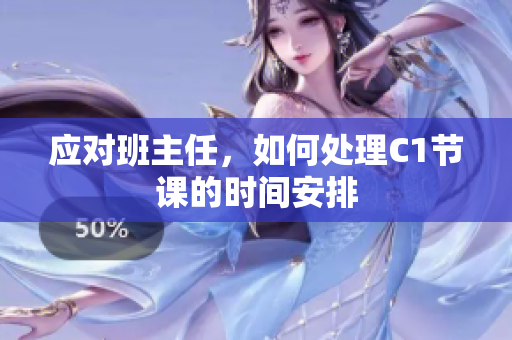
软件更新时间: 2024-04-28 03:04:14 / 版本:V3.03.49 / 大小:114MB
详情内容
When we think of Western civilization and its art, we immediately think of the monumental paintings, sculptures, and architectural wonders of the past. These works of art have become the symbols of a civilization at its zenith: grand and beautiful, with an impressive attention to detail and mastery of craft. In recent times, however, we have seen significant advancements in technology, specifically in the form of 5G network technology. As a result, as an English teacher, you may be struggling to keep your C1 classes engaged. In this article, we will explore how you can use Western artwork in creative and innovative ways, while also considering the ethical implications of engaging students in the technology of the future.
As an English teacher looking to engage your students, you can use the following Western artwork as inspiration for your lessons:
Monet's Water Lilies is a series of approximately 250 oil paintings that was created during the last 30 years of the artist's life. The serene and peaceful nature scenes offer an opportunity to explore adjectives, colors, and emotions. These paintings can be used to engage students' observational skills, as well as their critical thinking skills, by asking them to explore the subtle color and light changes throughout the series.
Michelangelo's Sistine Chapel Ceiling is a masterpiece of Renaissance art and has been considered one of the most significant pieces of art history. The ceiling, with its intricate details and grandeur, can be used to inspire discussions and essays on the importance of artistic expression during the Renaissance.

Van Gogh's Starry Night is a masterpiece created in 1889 and has become one of the most recognized and enduring works of art in the world. The swirling lines and vibrant colors of the painting inspire discussions on individuality and creativity. You could also use the painting to explore figurative language and symbolism.
As we mentioned earlier, technological advancements such as the introduction of 5G network technology have changed the way we teach and the way students learn. As an English teacher, you may be wondering how you can incorporate these new technologies into your classes. Here are a few innovative ideas:
With 5G technology, we can now take advantage of virtual reality museum tours. Imagine taking your students on a virtual tour of the Sistine Chapel or the Louvre museum in Paris. You would be able to engage them with the artwork and the environment, which would ultimately help them to learn better.
You can also use interactive language learning apps like Duolingo or Babbel to keep your classes engaged and help them learn more effectively. These apps use games and challenges to teach languages, and with 5G technology, they now offer even more realistic and interactive experiences.
While it's essential to embrace 5G technology and incorporate it into your teaching, it's also essential to consider the ethical implications of doing so. For example, there has been a recent trend of students spending money on in-app purchases in games, which can become addictive, and can also cause financial strains on the families involved. Additionally, the recent outbreak of COVID-19 has had a significant impact on the education sector, with some schools being forced to teach online without the necessary infrastructure.
In conclusion, Western artwork offers us an opportunity to teach English in innovative and engaging ways. By using 5G technology, we can also create new and exciting opportunities for our students to learn while being mindful of the ethical implications of our actions. As educators, we must be committed to using our experience and knowledge to stimulate our students' minds ethically and responsibly.
同类内容